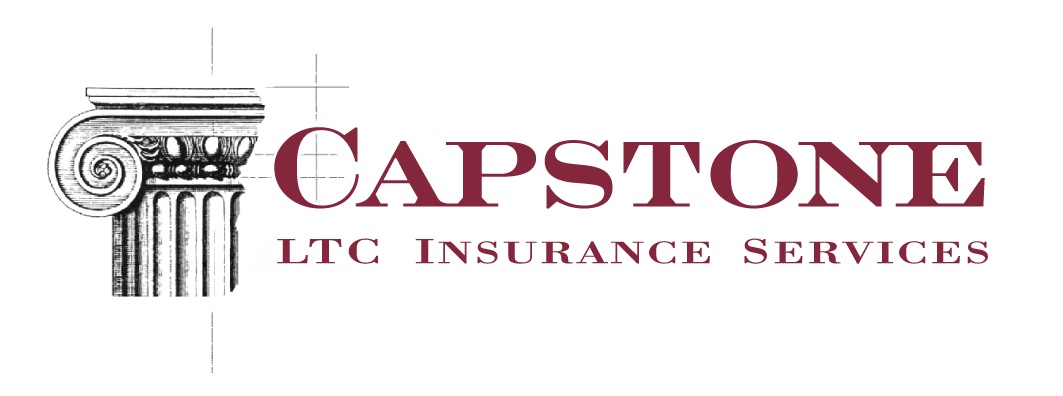In a Downward Economy, How Can You Afford Long-Term Care Insurance?
It would seem on the surface, at least, that when you have an economy taking a downturn that it’s best to hold off on certain purchases, or insurance policies. Too many people, when faced with the prospect of affording their Starbucks or new video games or paying a new insurance policy premium, will opt for immediate gratification rather than protecting their savings and assets. That happens all too often when it comes to long-term care insurance. It may take some planning to include long-term care insurance cost in a changing economy.
The problem for many people, that is comes when they actually need long-term care. Most people have no idea how much long-term care costs, let alone how much of their personal assets will be used to pay for it before any type of government assistance starts kicking in.
What’s the reality of the pending ‘recession’ in 2023?

Long-Term Care Insurance Cost Encinitas CA – In a Downward Economy, How Can You Afford Long-Term Care Insurance?
That’s perhaps the most pressing question: will the United States enter into a recession in 2023? And if so, how long and deep will it be?
Those are questions financial experts are qualified to answer, not a blog on long-term care insurance. That being stated, one thing is clear: more and more financial ‘experts’ are now sounding the alarm of an impending recession that will start in 2023.
Some claim it’ll be short-lived and over by the end of the year while others believe it’ll be deep and enduring, meaning it will last for at least a couple of years.
What does this have to do with long-term care?
Quite a bit, actually, because if you are in your early to mid-50s and have decided against a long-term care insurance policy, you’re essentially putting all your investments, assets, and savings at risk.
Yes, it’s true that you may not need any type of long-term care in the next five or 10 years, but anything can happen at any time. You might not think that an automobile accident could leave you needing care for months or years. But it can.
You may not think that you’ll have a heart attack, a stroke, an aneurysm, or some other debilitating or life-threatening medical emergency, but it can happen. Even if you have a clean bill of health, those things are all possible for anyone at any time.
If you end up requiring long-term care -whether it’s senior home care, a nursing home, assisted living, or something else- you may likely be covering the cost yourself.
“But won’t my insurance cover it?” many people will say.
No, it won’t. Most insurance policies do not cover long-term care. They cover short-term care, for about five or ten weeks or so. If you need an in-home care aide for a few years, you’ll be paying for that.
“But what if I’m over 67?”
If you’re thinking Medicaid will pay for it, think again. That’ll only happen after you’ve used all your available savings and assets. So, no matter what kind of economy we’re in, it’s best for those in their 50s or even late 40s to consider a long-term care insurance policy. There are plenty of ways to save money elsewhere, and it’ll protect your savings and assets later, should you need senior home care or another type of elder care.
If you or a loved one are considering Long-Term Care Insurance Cost in Encinitas CA, please contact Steve Elliott at Capstone Insurance for an honest discussion about your future and your options. Call today (858) 350-3161.
- How Much Wil Long-Term Care Insurance Cost? - October 29, 2024
- Is It Too Late To Get Long-Term Care Insurance For My Parent? - October 24, 2024
- How Much Does Long-Term Care Insurance Cost? - October 14, 2024
